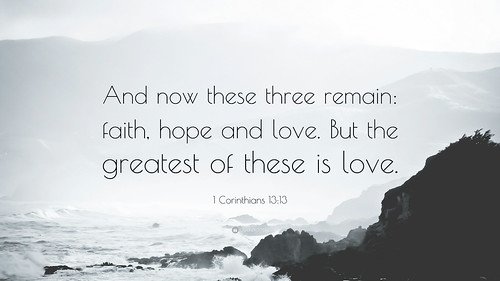are sins failings? are failings sins?
are sins deliberate by definition? are failings not?
does God take our sins and failings personally?
I don't know the answers to these questions. Neither does anyone else--except God.
Romans 11: 33-34
1 Corinthians 2: 11-16
Isaiah 40:13
God's answers to these questions may be: it depends. our failings may be sins--particularly if they're deliberate. And God may take our sins and failings personally--particularly if they're deliberate.
like an old bull--many years behind me.
LOTS of scars--sins and failings--they're all mine.
I'm sorry, God--I could have, and should have, done better.
Have mercy on me, a sinner.
attribution: On Borrowed Time and flickr
Public Safe Photo
Praise the Father, Praise the Son - Chris Tomlin
Oh sovereign God, Oh matchless King
The saints adore, the angels sing
And fall before the throne of grace
To You belongs the highest praise
These sufferings, this passing tide
Under Your wings I will abide
And every enemy shall flee
You are my hope and victory
(Chorus)
Praise the Father, praise the Son
Praise the Spirit, Three in One
Clothed in power and in grace
The name above all other names
To the valley, for my soul
Thy great descent has made me whole
Your word my heart has welcomed home
Now peace like water ever flows
So praise the Father, praise the Son
Praise the Spirit, Three in One
Clothed in power and in grace
The name above all other names
Oh, praise the Father, praise the Son
Praise the Spirit, Three in One
Clothed in power and in grace
The name above all other names
Yours is the kingdom
Yours is the power
Yours is the glory
Forever
Yours is the kingdom
Yours is the power
Yours is the glory
Forever





















